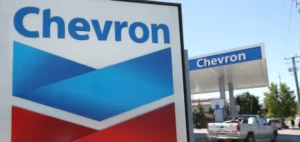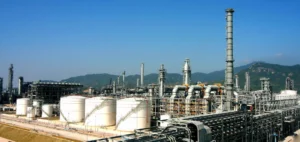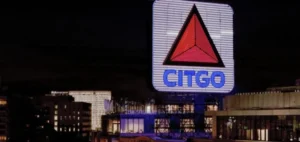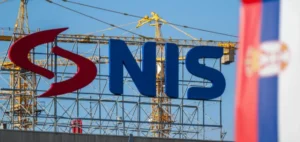Venezuela “is ready” to “supply the market” of oil and gas worldwide, said Wednesday President Nicolas Maduro who denounced the energy crisis caused by the “irrational” sanctions taken against Russia after its invasion of Ukraine.
“Venezuela is ready and willing to fulfill its role and supply, in a stable and secure manner, the oil and gas market that the world economy needs,” said the head of state at an event held as part of the visit to Caracas of OPEC Secretary General Haitham al-Ghais.
Maduro said his government had “recovered” its oil industry, whose production had reached historic lows after years of disinvestment and lack of maintenance. Today, it is about 700,000 barrels per day, compared to 2.3 million barrels per day in 2002.
The United States imposed a series of sanctions on Caracas in 2019, including an embargo on Venezuelan oil, after Maduro was re-elected in 2018 to a second term in an election boycotted by the opposition.
President Joe Biden’s administration announced in May a limited easing of some of these sanctions. This decision came at a time when energy prices have surged due to the war in Ukraine.
The Chavist president condemned the “energy crisis” generated by the sanctions against Russia, which he described as “irrational, unjustified (and) illogical”.
Russia, Europe’s main supplier, has sharply reduced its gas deliveries, raising fears of shortages and rising prices.
Mr. Maduro called for a “fair, balanced price” of $100 a barrel and reiterated his call for foreign oil companies to produce in Venezuela.
“We are ready … to increase oil production in a gradual and accelerated way, to expand and increase the production of refined products,” he said.
“Venezuela has more than 50 gas projects of the first order, with seismic studies carried out and with all the legal guarantees for international investors” to come “to produce gas in Venezuela and bring it to international markets,” he insisted.
Mr. Al-Ghais said that OPEC was facing the “most serious, most critical” challenges since its inception 62 years ago.





















